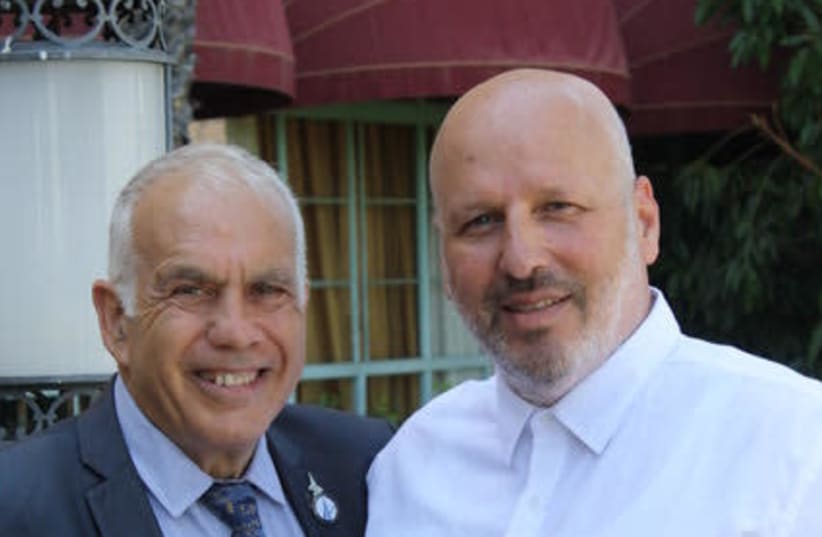Prison break: Israel rescues businessman from Ethiopian jail
Menashe Levy – an Israeli businessman who was imprisoned, beaten, subjected to wretched conditions and caught in a years-long legal morass – was finally released, aided by Aleph and Alan Dershowitz.
